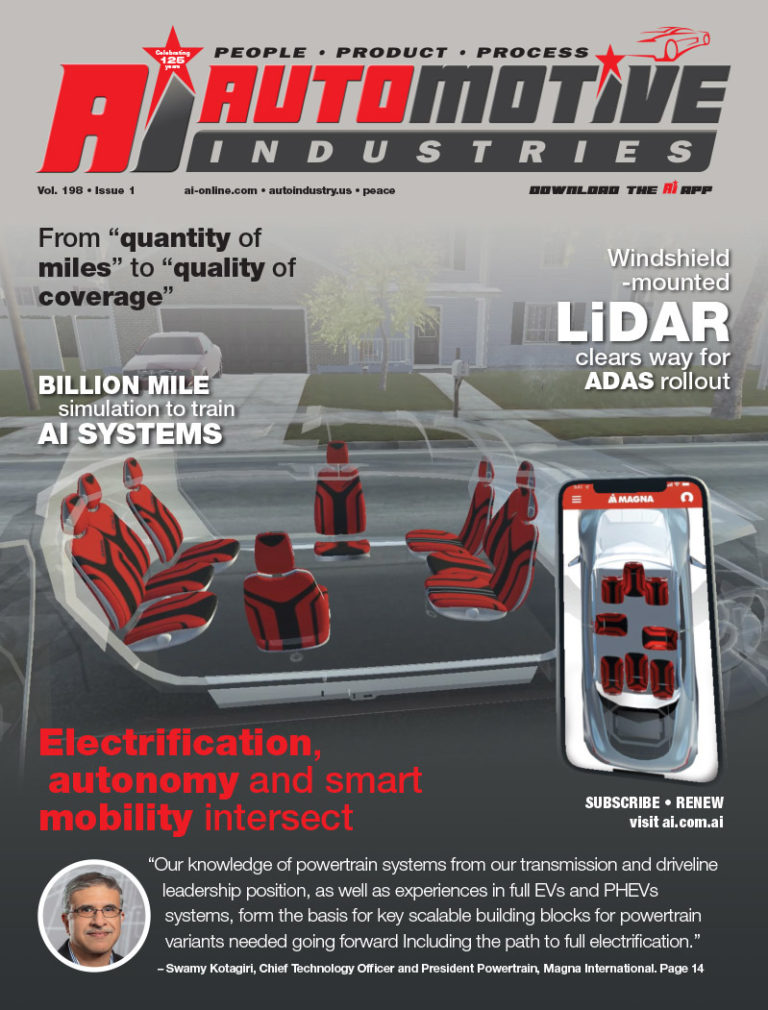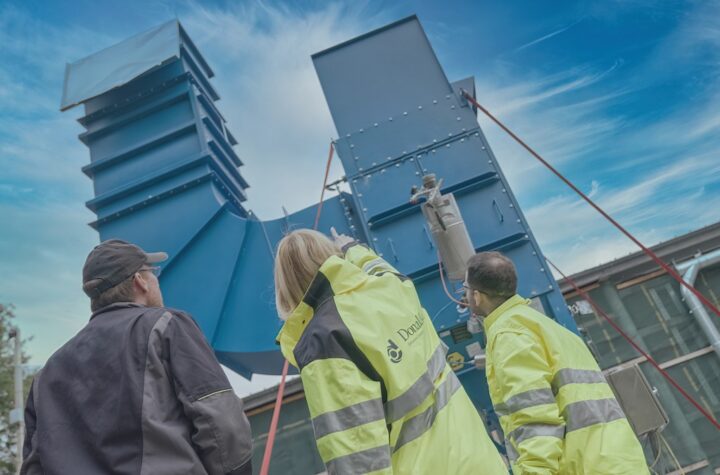Mercedes-Benz showcased its advanced F-Cell fuel cell propulsion vehicle at the 2006 Amelia Island Concours d’Elegance, March 12, as part of this year’s Concours theme, “Alternate Power/Alternate Fuel.” Also in keeping with this focus, Mercedes- Benz showed a 1971 C 111 prototype used as a test-bed for both rotary and
turbo-diesel engines and a Benz Patent Motor Wagon, the world’s first motorcar. Mercedes-Benz USA is a founding sponsor of the Concours. “The Amelia Island Concours d’Elegance has in 11 years become one of the premiere classic automobile events in the United States, and we are proud to continue our sponsorship,” said Geoff Day, Mercedes-Benz Director of Communications, keynote speaker for the event’s Gala Dinner. “We are pleased the event has turned its unique spotlight to alternate propulsion, which allows Mercedes-Benz to demonstrate its expertise in this field which includes the invention of the world’s first motorcar, the F-Cell fuel cell vehicle and the world’s lowest emissions diesel, the recently unveiled 2007 E320 CDI BLUETEC.”
Based on the Mercedes-Benz A-Class model currently sold in other markets, the F-Cell fuel cell vehicle is fueled by compressed hydrogen and is part of a fleet of 60 such vehicles leased by several corporate and municipal customers to test real-world viability.
The DaimlerChrysler F-Cell fleet of Mercedes-Benz models represents a significant step in the production of fuel-cell cars, which are electric vehicles that make their own electric power on board. The F-Cell car on display at the Amelia Concours d’Elegance will be used by the Wayne State University campus patrol in Detroit. Fuel cells are considered the cleanest and most promising propulsion systems for future cars.
Clean Diesel Technology for Today
Before fuel cell vehicles reach showrooms, Mercedes-Benz is offering vehicles that use another type of “alternate” fuel to achieve customer demands for outstanding performance and low fuel consumption, while introducing new environmental safeguards. In the fall of 2006, Mercedes-Benz will introduce its BLUETEC diesel technology in the 2007 E320 CDI sedan, powered by a new 3.0-liter turbocharged V6 common rail diesel (CRD) engine.
The BLUETEC system includes an oxidizing catalytic converter and a diesel particulate filter, plus a combination of urea injection with a BLUETEC catalytic converter for reducing nitrogen oxide emissions. BLUETEC technology will also be used in other Mercedes-Benz vehicles, including SUVs, as well as Chrysler group vehicles.
The new engine requires low-sulfur diesel fuel (15 ppm) that will become federally mandated this year.
In one coast-to-coast test, Mercedes-Benz advanced diesel technology recently proved to be more fuel-efficient than a gasoline hybrid technology in SUVs. The German car magazine Auto Bild conducted a 3,200-mile test drive from New York to San Francisco with two Mercedes-Benz ML320 CDI models (European specification V-6 turbocharged common rail diesel) and a Lexus RX 400h gasoline hybrid model. The ML 320 CDI consumed an average of 9.1 liters of fuel per 100 kilometers (2.4 gallons per 62 miles, or about 25.8 mpg), and the Lexus hybrid SUV averaged 10.2 liters per 100 kilometers (2.7 gallons per 62 miles, or about 23 mpg)














































 GM: Asian Supply Base Not Mandatory
GM: Asian Supply Base Not Mandatory



